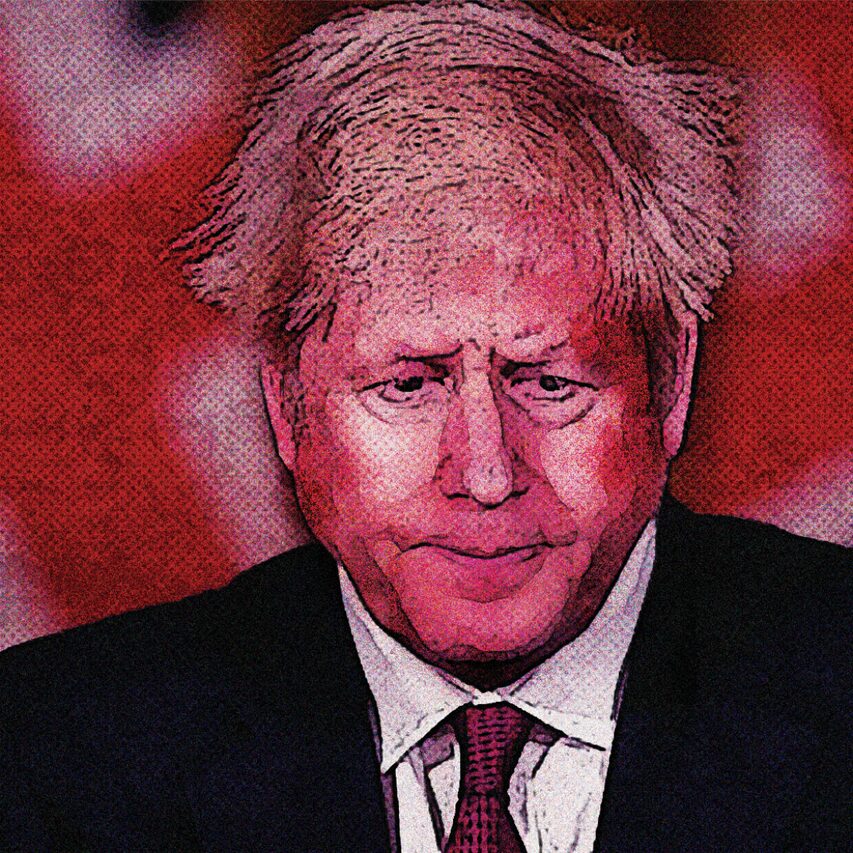Why can’t Starmer land a punch?
Labour pains
Why can’t Starmer land a punch?

Like them or loathe them, most of us could put names to many or even most of the Government front bench. The Prime Minister aside, Cabinet ministers such as Gove, Hancock, Sunak, Patel, Raab, Truss and Williamson are instantly recognisable on our television screens, even with the sound turned down. And that line-up of “unmistakables” doesn’t include another significant Cabinet attendee, the unforgettable and frequently unbelievable leader of the House of Commons, Jacob Rees-Mogg, sometimes dubbed the “Honourable Member for the eighteenth century.”
So, we know the Tory bigwigs, but what if we cross the chamber floor to the Opposition front bench – which members of Labour’s Shadow Cabinet can we identify for certain? Well, there’s the Leader of the Opposition of course, Sir Keir Starmer, (and by the way, isn’t it a bit strange having a Labour leader with the title of “Sir?”), there’s Angela Rayner, but didn’t she just get the sack, or was “moved”, after Labour’s by-election and local elections drubbing? There’s David Lammy, he puts an argument well on telly when he gets the chance. There’s…there’s… oh yes, there’s Ed Miliband. We don’t hear much from Ed these days, but wasn’t he leader of the party for a while before Corbyn?
And then there’s…there’s…well who exactly is there? And isn’t that one of Labour’s problems and a sign of the party’s decline and rapid descent into potential political insignificance? We don’t really know who they are, and more importantly, we don’t really know what they stand for and what precisely they are offering. Labour went into last month’s elections saying “Vote for us” without stating emphatically why the electorate should vote for them. It’s clear that many traditional Labour voters, convinced by the arguments of the right, voted “leave” in the Brexit referendum.
That shift to the right became more obvious in the 2019 general election with the actual choice between parties, when legions of the traditional “working class” voted Conservative for the first time. Recent voting indicates that the Johnson effect continues to grow, with former Labour stalwarts shrugging off each new accusation of sleaze or scandal with a “Well, what did Labour ever do for us?” Meanwhile, Starmer’s popularity plummets. Should he go, or is there still time for him to state clearly and then prove what Labour will do for us in the future?
What our surveys show
Communication and the way it sells itself, at 39%, was the top answer when we asked why Labour did badly in the recent local elections and why it trails in the polls. Wrong, or non-credible policies, was next amongst the given reasons, at 26%, while a further 19% said the party has the wrong leadership. That Keir Starmer is slipping rapidly in popularity is clear. Back in January when we asked if he should stay or go, a majority of 53% said he should remain as leader.
In our May survey that figure had fallen to just 39%, with 28% saying they don’t know. And this time 33% of those asked said he should step down while in January the number of the same opinion was 21% with 26% don’t knows.
Most worrying of all for Labour is the opinion of its prospects over the next ten years. A figure of 34% reckon it will remain as the main Opposition party but fail to win an election, with a highly significant 29% saying it will decline and be overtaken by another party as official Opposition. Only 22% think it will recover and return to government.


Food, glorious food!
Your email address will not be published. The views expressed in the comments below are not those of Perspective. We encourage healthy debate, but racist, misogynistic, homophobic and other types of hateful comments will not be published.



